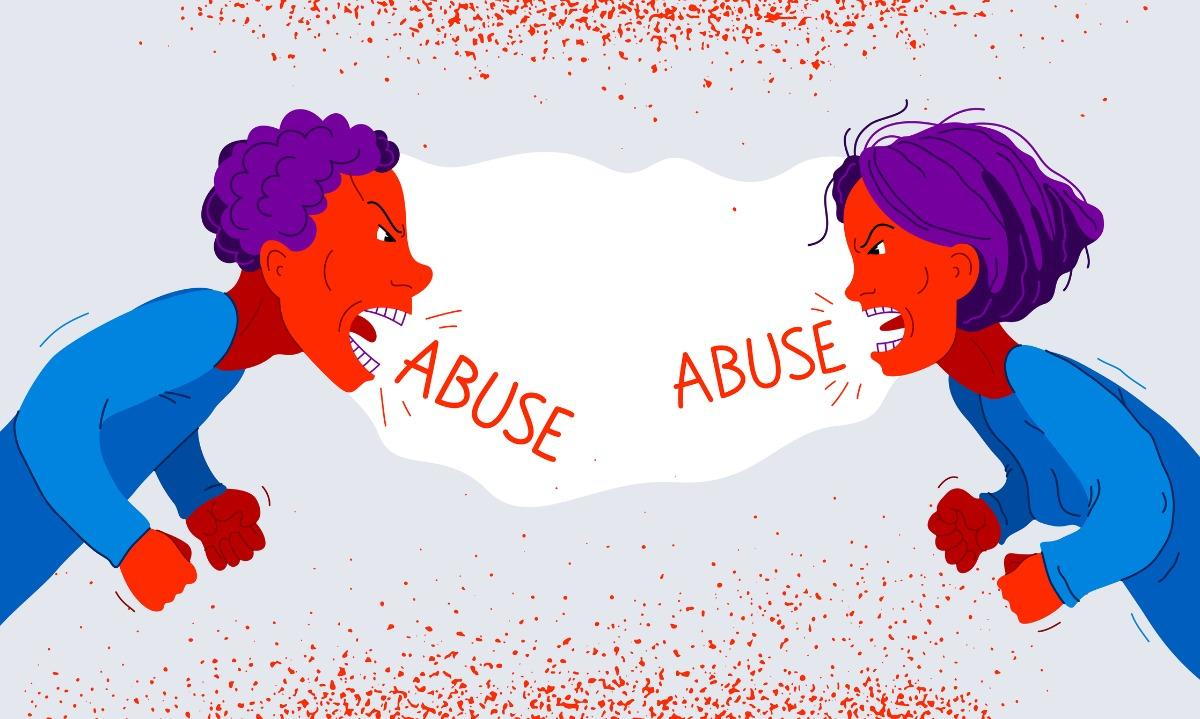
- posted: Nov. 30, 2022
- Family Law
If you've been a victim of spousal abuse in New Jersey and have decided on divorce, there are laws in place to help keep you and your children safe. This is often critical once the divorce case begins, when abusers sometimes become even more violent. You can seek a restraining order and call for police enforcement if your spouse has committed or threatened acts of physical or verbal abuse. Certain conduct can be prosecuted criminally. In addition, the judge in your divorce case can consider spousal abuse in making decisions about alimony, property division and child custody and support.
The Prevention of Domestic Violence Act defines certain types of criminal conduct as domestic violence. In addition to assault and other physical actions, abuse can be verbal or emotional, such as by creating an atmosphere of control and fear through criticism, humiliation, threats or isolation.
If you've been subjected to any form of domestic violence, it's important to get the help you need right away. This includes seeking legal counsel. One of the first things your lawyer can do is obtain a restraining order that prohibits your abuser from contacting you or your children. Your lawyer can also seek a judge’s order giving you temporary child custody, child support and exclusive use of the marital property.
In New Jersey, you can file for divorce on fault or no-fault grounds. If you are the victim of spousal abuse, you have the option to seek a divorce on the fault-based ground of extreme cruelty. However, evidence of spousal abuse can affect the divorce even if you choose to file based on the no-fault ground of irreconcilable differences.
Your spouse’s history of abuse, including any criminal record, can have a substantial impact on child custody. A court will typically award custody to you and put measures in place to ensure the children’s safety. This may include denying parenting time or ordering limited, supervised visitation. The custody decision also entitles you to child support.
Spousal abuse can influence equitable distribution of marital property in your divorce. You may be entitled to continue to reside in the family home for the sake of your children’s general welfare. If your spouse’s conduct has in any way caused a loss of assets or an increase in debt, that will be factored into the court’s distribution decision. Another factor to be considered is the impact of spousal abuse on your physical and mental health and how that affects your earning capacity. This is also relevant to how much alimony you may be awarded, both during the divorce and after it becomes final.
When divorcing an abusive spouse, it's vital to have a skilled matrimonial attorney on your side. Martone Law Group, LLC provides dedicated counsel and experienced advocacy for divorce and a wide variety of family law matters throughout Camden, Burlington, Gloucester, and Atlantic counties. Call 856-432-4587 or contact us online to schedule a consultation at our Haddon Heights office.

